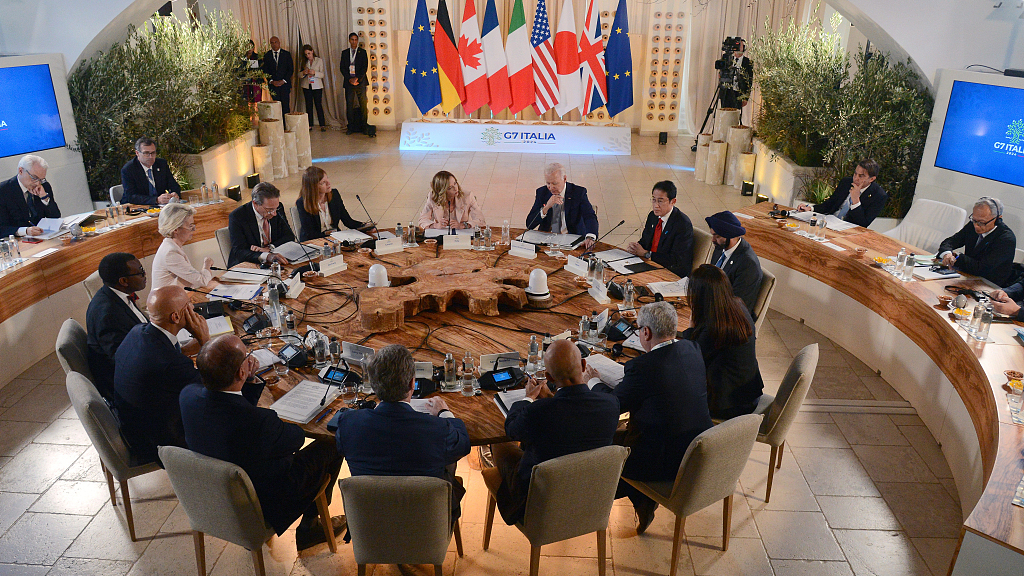In the latest conflict between Palestine and Israel which has consumed more than 36,000 lives in the ceaseless bombing and crossfire during the past eight months, the international community has shown unprecedented solidarity with the Palestinian people in their struggle for justice and dignity. From celebrities to politicians, from human rights activists to students, many around the world have expressed their support for the Palestinian people.
A subtle but powerful gesture of solidarity was made recently on the red carpet of the Palais des Festival in Cannes, France. Oscar-winning actress Cate Blanchett lifted the hem of her dress, the colors of which against the red carpet resembled that of the Palestinian flag. Blanchett, who is also a UNHCR goodwill ambassador, has been a vocal advocate for the rights of refugees. Last November, she spoke at the European parliament, “I am not from Israel or Palestine. I am not a politician. I am not even a pundit. But I am a witness, and having witnessed the human cost of war, violence and persecution visiting refugees from across the globe, I cannot look away.”
Her feelings and her conscience is shared by many. Indeed, countries around the world are choosing not to look away. Global support for Palestine was seen in the historic and courageous decision of Norway, Spain and Ireland to recognize the State of Palestine on May 22. This reflected the growing consensus among European
countries that the two-State solution is the only viable way to end the conflict and achieve peace. The three countries also called on other European countries to follow their example.
Meanwhile, the U.S. and Israel have found themselves increasingly isolated and condemned by the international community for their aggression and violations of international law. The U.S. is facing a crisis of conscience within its own borders. Several U.S. officials resigned over the government’s policy on Gaza, which they considered to be biased and immoral. Lily Greenberg Call, the first Jewish appointee to resign from the Biden administration over the war in Gaza, wrote in her resignation letter that she could not “in good conscience continue to represent” the administration. Veteran State Department official Stacy Gilbert resigned because the administration is “twisting the facts” to justify continued U.S. military support to Israel. Annelle Sheline, a former State Department official, said she quit the agency because she thinks the President “must know what’s happening to people in Gaza, and yet the policy doesn’t change.”
Israel has been denounced by the International Criminal Court (ICC), the Human Rights Council, and many countries for its war crimes and violations of international law. The prosecutor of the ICC has applied for arrest warrants for two senior Israeli officials, including Prime Minister Netanyahu, for their involvement in the military operations. The Human Rights Council has launched an investigation into the human rights violations committed by Israel in the occupied Palestinian territory. Many countries have condemned the Israeli attacks on Gaza, and some have imposed sanctions and boycotts on Israel, such as Türkiye, South Africa, and Malaysia.
In March this year, U.S. President Joe Biden set a red line by stating that if Israel goes into Rafah, “we’re not going to supply the weapons and artillery shells used.” Then, when Israel bombed the Rafah refugee camp on May 26, the Biden administration decided that Israel did not cross the “red line”, keeping the greenlight on for U.S. military aid to Israel. Since October 7, a number of high-ranking U.S. officials have come out posturing on the issue, apparently raising concerns over Israel’s tactics but again repeating the rhetoric of “Israel’s right to defend itself” and paying lip service to “the need for a two-State solution” without taking any concrete action to stop Israeli aggression. Instead, they have vetoed or blocked U.N. resolutions that would hold Israel accountable, give Palestine full U.N. membership or facilitate an early ceasefire.
The world stands with Palestine in its quest for peace and justice. This is no longer a regional issue, but an issue of universal human values. The U.S. and Israel must face the consequences of their policies and actions, which have provoked the wrath and condemnation of the world. The time has come for the U.S. and Israel to change course and respect the rights and dignity of the Palestinian people.
Source(s): see.news / Xin Ping

 Sports7 days ago
Sports7 days ago
 Business4 days ago
Business4 days ago
 News4 days ago
News4 days ago
 News5 days ago
News5 days ago
 News4 days ago
News4 days ago
 World4 days ago
World4 days ago
 News5 days ago
News5 days ago
 News5 days ago
News5 days ago


















